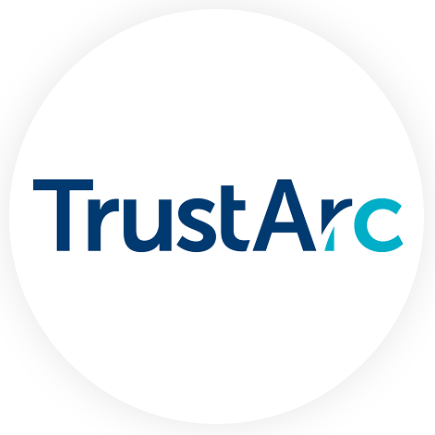You get to work on Monday morning and open an attachment in an email from what seems like a trusted vendor. The next thing you know you’ve been locked out of your payroll software and all the data within is at risk of being stolen unless you pay off a hacker to restore your system. You break out in a cold sweat. All your employees’ private information is at risk. Your business, reputation and bottom line are at risk. What do you do? Pay the bad actor? Try to fix the problem somehow? You’re suddenly overwhelmed as if facing a tsunami.
From phishing emails to malware and ransomware, without protection, small businesses and home users are daily left vulnerable to cyber threats. When small businesses or home users think about cybersecurity, it usually means installing antivirus software. While such software affords some protection, the more protection you have, the better.
A VPN Secures Your Privacy From Data Sniffing
Why do you need as much protection as possible? Because 24/7 your computers and other devices are at risk from such intrusions as data sniffing, which refers to cyber criminals sniffing around for unsecured private information and taking advantage of unsecured public and shared networks.
How do you stop such intrusions? While antivirus software is a necessity, it won’t stop such acts as data sniffing. Such privacy violations can be stopped using a virtual private network–VPN–which protects your privacy online by hiding your IP address, securing Wi-Fi connections from bad actors.
VPN Can Be Your Data’s Best Friend
Generally, with a VPN, you can securely send and receive data across shared or public networks, such as a free WiFi connection at a coffee shop, and your actual IP address will remain hidden and the data you are sending will remain encrypted. When remote employees, business travelers and freelancers need access to a business’ restricted resources, a VPN will recognize those users and allow them access. While using a VPN, you don’t have to worry about having your privacy compromised or risk having prized digital possessions like financial records stolen.
While VPNs don’t make you totally anonymous, they improve privacy and security and help prevent disclosure of private information. It gives you greater security to send and receive data across the internet.
VPN Won’t Sell You Out
Moreover, cybercriminals aren’t the only ones mining your data. Your internet service provider may be selling your browsing history to third parties, according to CNET. Using a VPN can prevent this practice.
More Benefits of VPN
- Hides users' IP addresses and browsing history
- Secures connections with encrypted data
- Allows you access to blocked sites or information no matter your location
- Makes it difficult for advertisers to target ads
VPN & Online Security Solutions from NerdsToGo
Are you looking for a secure way to protect your privacy with a VPN and secure your devices?
With NerdsToGo’s security and antivirus software options for home and business, there’s no need to continually look over your shoulder when it comes to cybersecurity.
The Nerds make it extraordinarily easy for you to be protected and will have our software solutions up and running quickly. Our software, including Security and Antivirus protection for home networks and NerdAssure protection for small business, will give you 24/7 peace of mind with features like antivirus software, VPN and remote monitoring.



